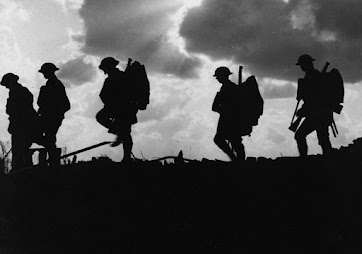A Bird Came Down the Walk by Emily Dickenson - Critical Analysis

A Bird Came Down the Walk composed by reputed American poetess, Emily Dickinson brings a very common or ordinary incident with acute observation of detail and allows the reader to see a great significance in this seemingly trivial incident which adorns the reality of nature. Thus, this poem is based on the theme of unnecessary interference of nature by man. Here the poet has taken a bird as the protagonist (the center focus of this incident) or as the agent of nature to make this common scene very natural and realistic. Furthermore, the bird in this poem is symbolical as it represents the rest of nature. In this incident, the readers can clearly see the bird’s natural self-possession and it being at harmony with its own nature by enjoying the treasures of nature at its own free will. Thus the poetess visualizes a very common act of a bird, coming down the path, catches a worm and pecks at it with its beak and splits it, eats it witch much appetite, then it fetches water from it...





